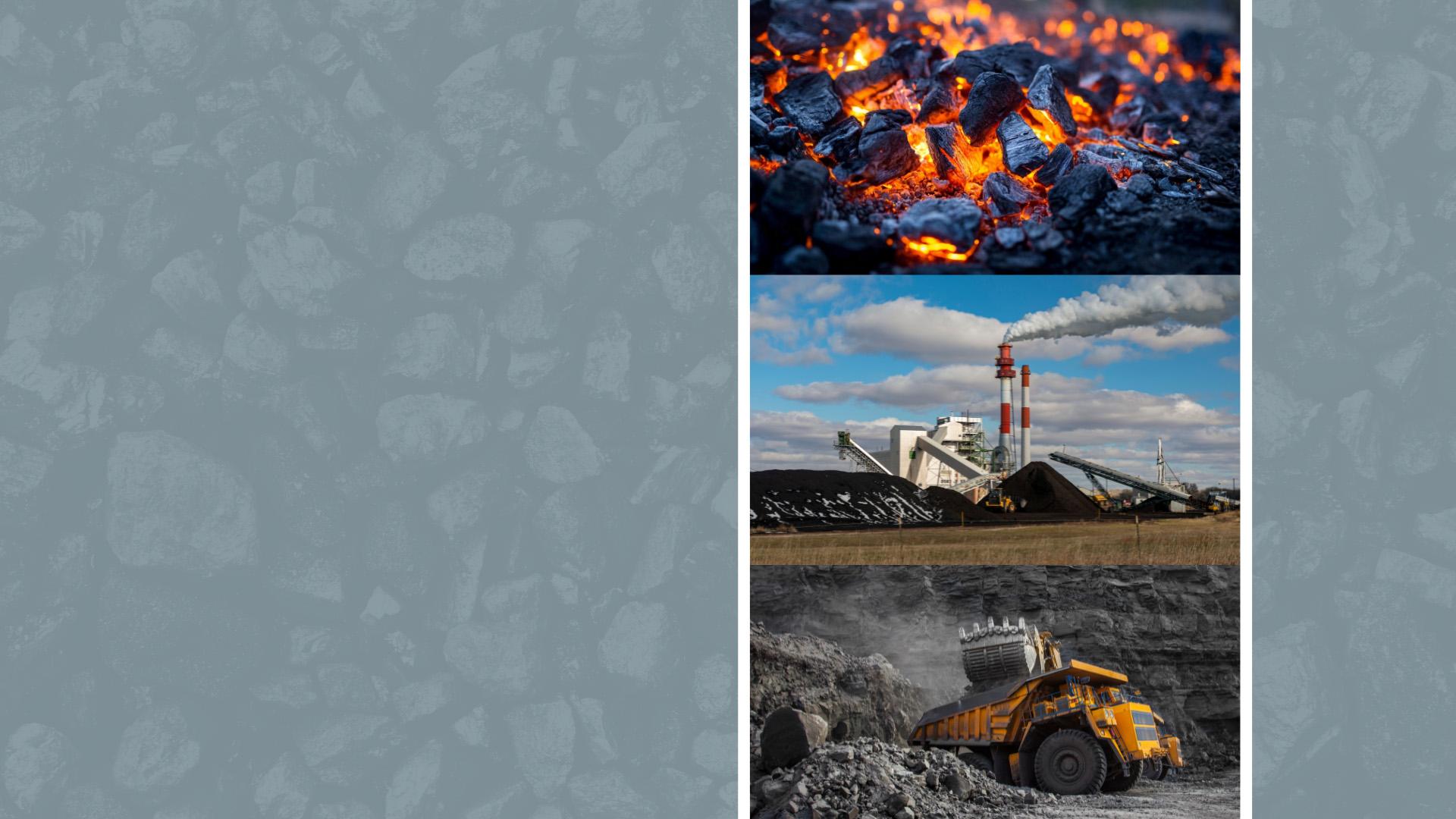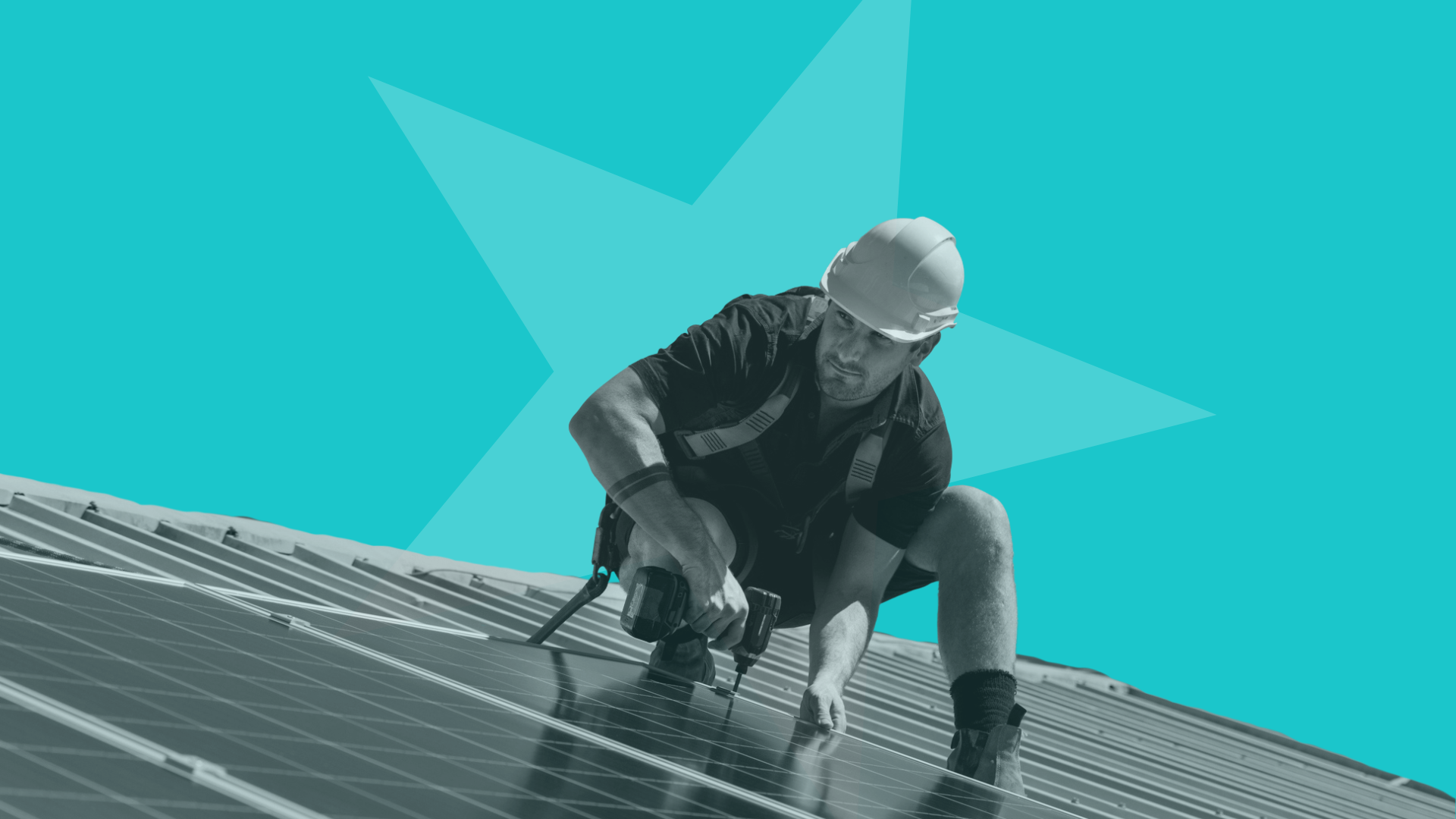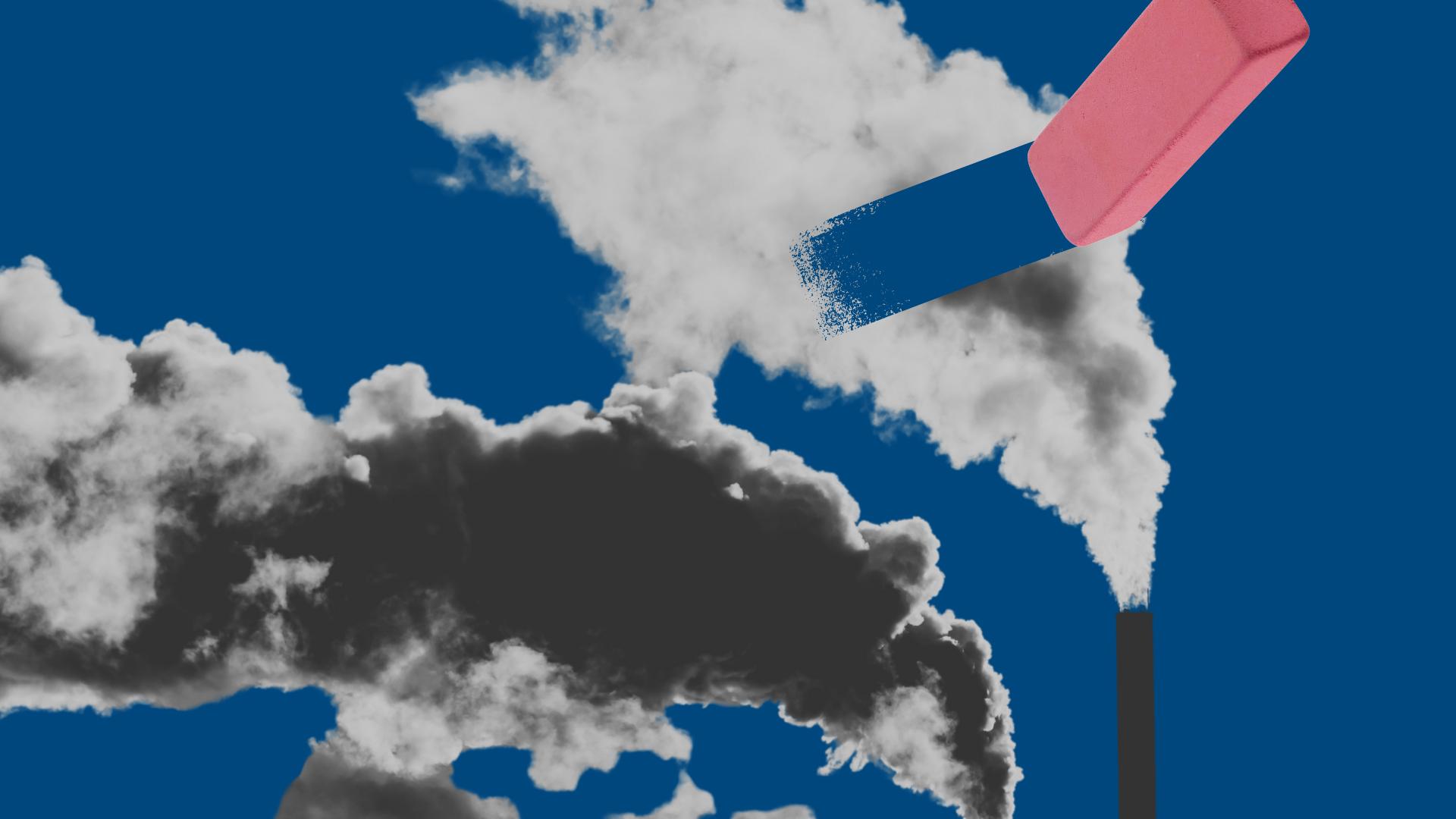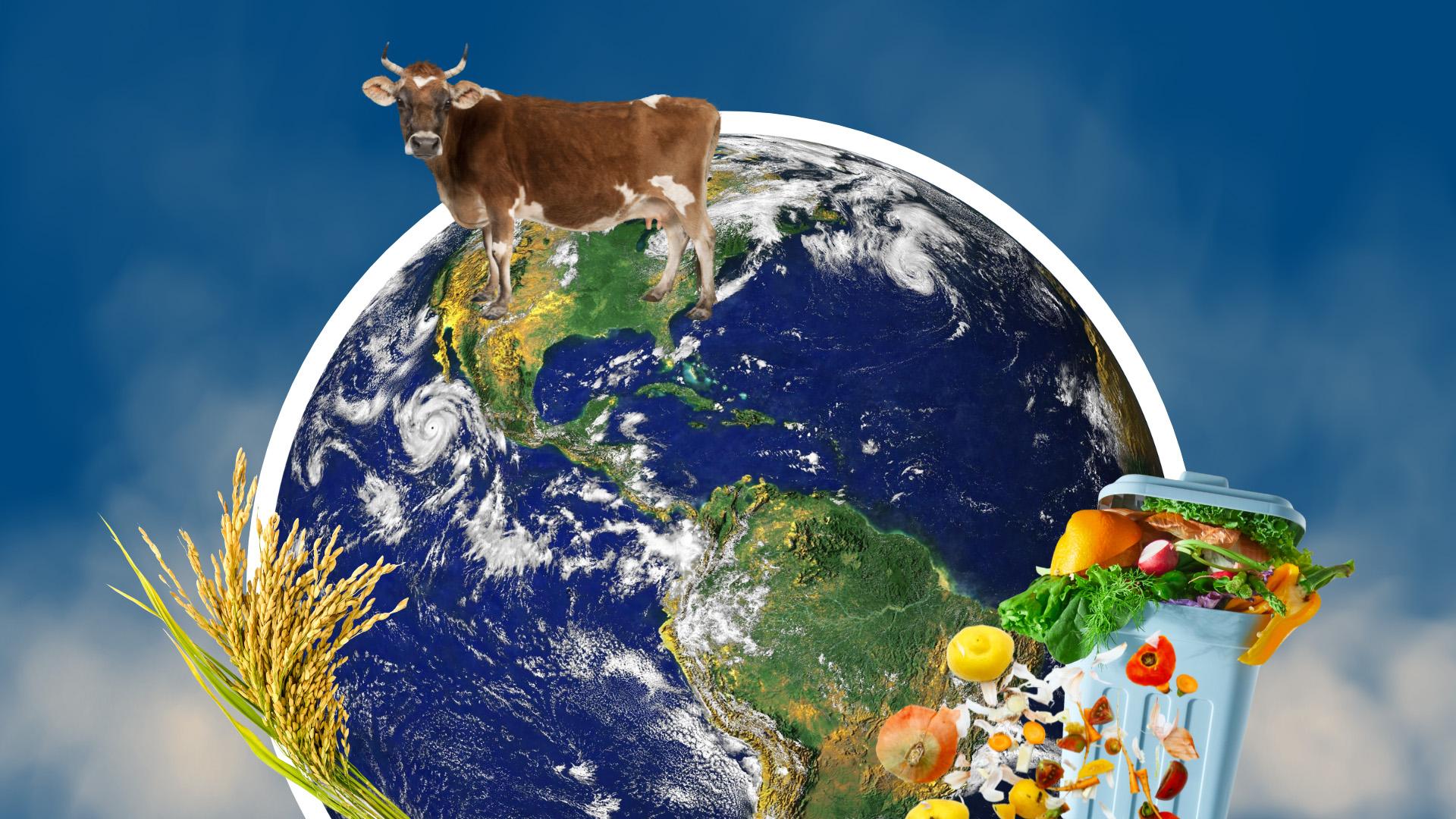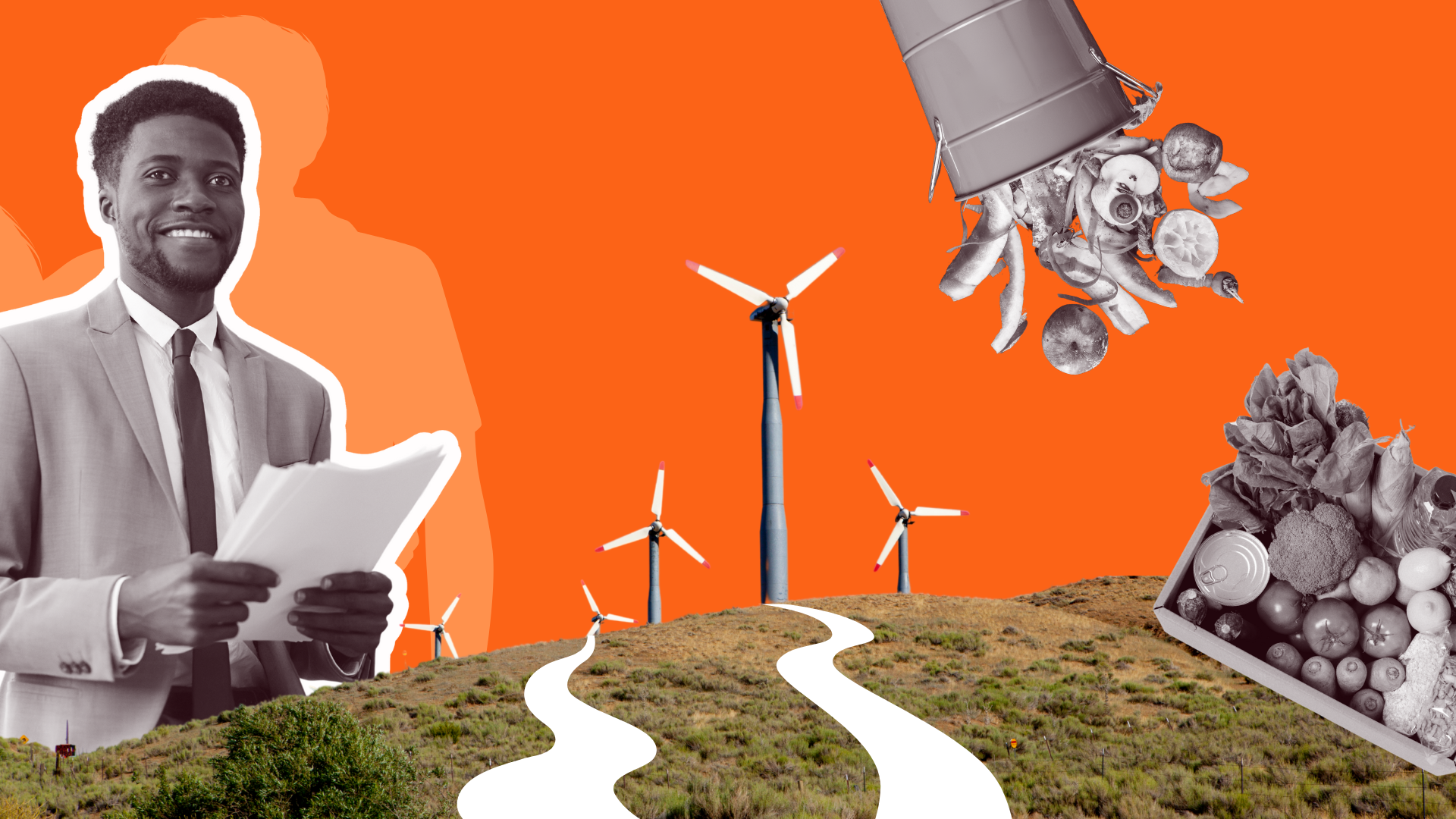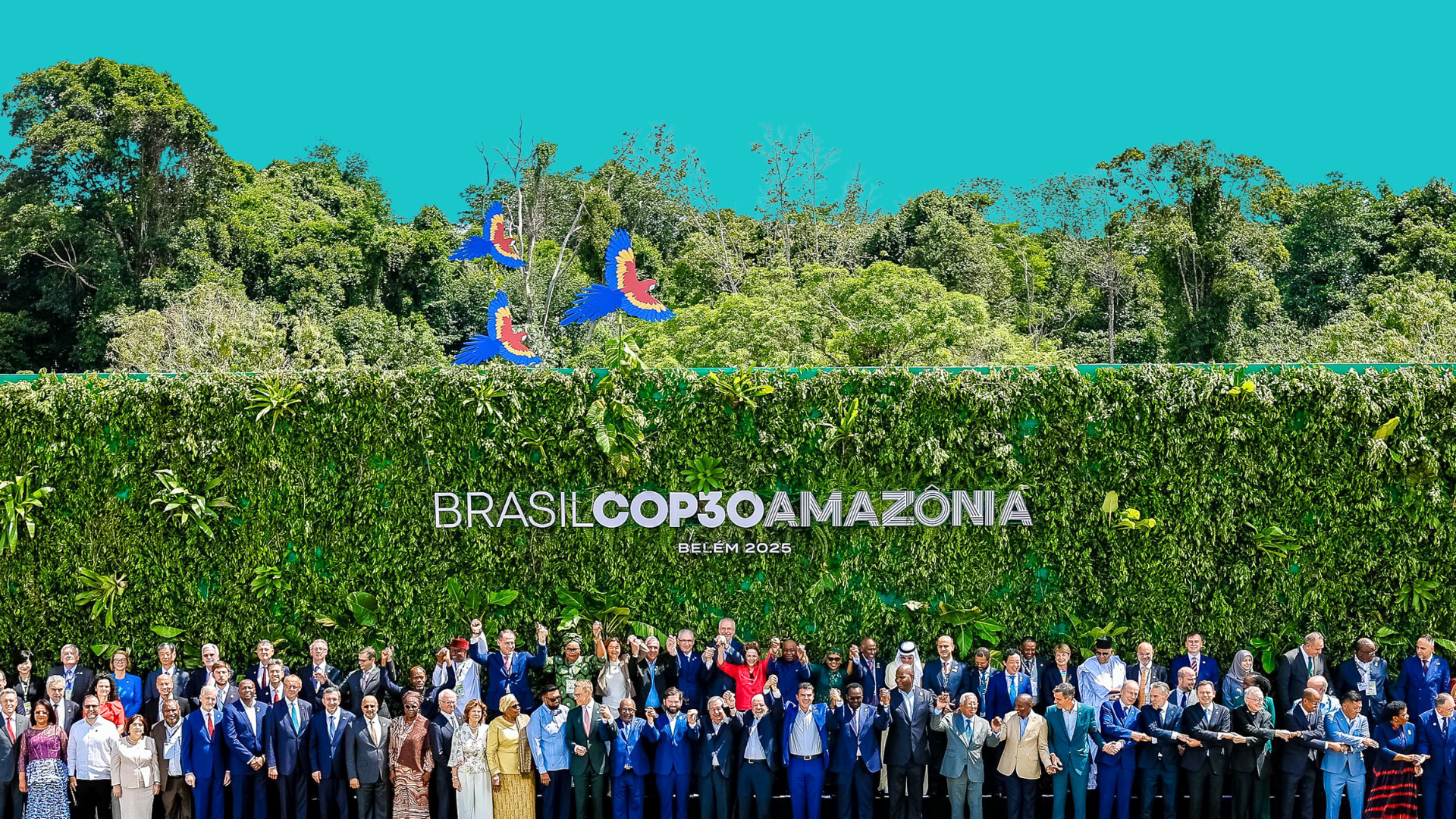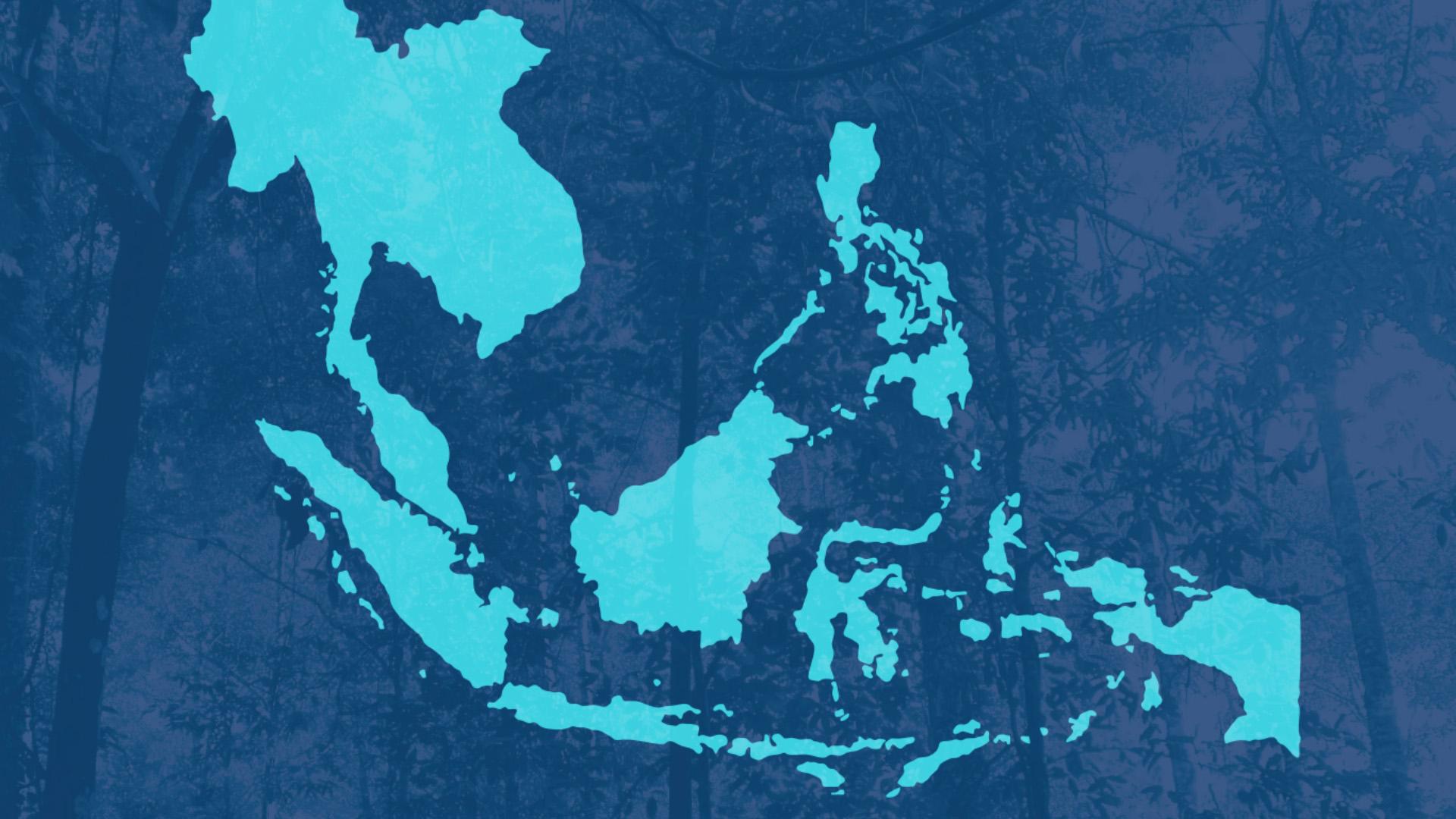Women lead climate action through agriculture, education, and health
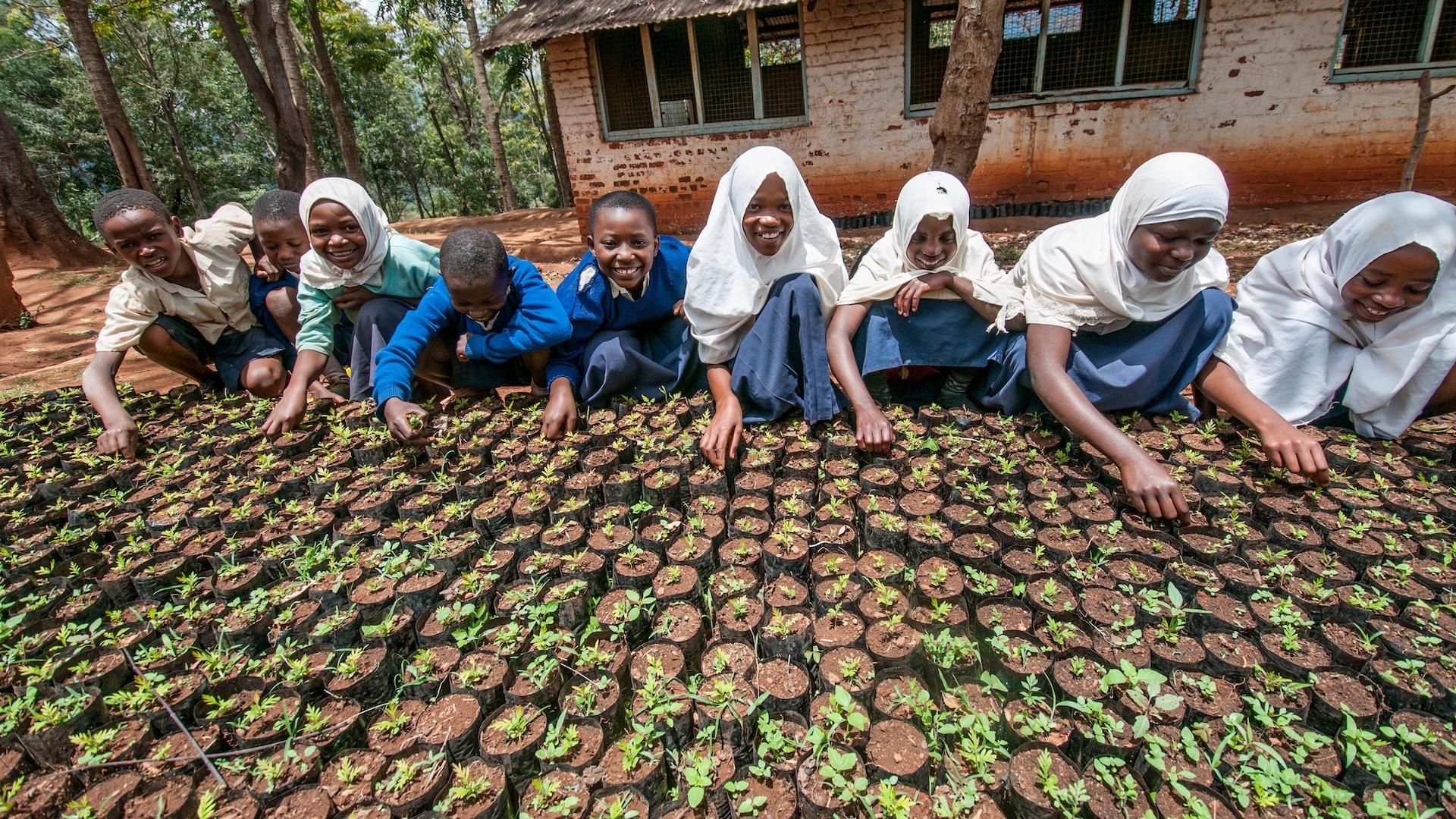
On March 9, Project Drawdown’s Drawdown Lift program hosted a lively discussion with the Clean Cooking Alliance about how women are leading on climate action and climate justice and implementing solutions that strengthen adaptation, boost human well-being, and mitigate future emissions. As a continuation of International Women’s Day, we embraced equity, focusing on two of the most defining challenges of our time—climate change and poverty. Watch the recording here.
Advancing gender equality is central to ensuring that our global community thrives and addresses the climate crisis. Women are problem solvers and central to guiding the world to reach drawdown, boosting resilience, and creating systemic change. Women must be represented in all levels of decision-making, and our agency—as leaders, activists, educators, and entrepreneurs—should not be underestimated. We also acknowledge our allies who continue to ensure that we have a seat at the table and that our voices are heard and valued.
Moderated by Wanjira Mathai, community builder and managing director of Africa & Global Partnerships with World Resources Institute, the event featured four amazing panelists who shared wisdom and tangible examples from the fields of agriculture, education, clean cooking, health, and climate justice. Panelists included:
- Makandi Laiboni, leader of the digital team for One Acre Fund’s Kenya’s program, Tupande, which designs and implements the organization’s digital vision and strategy directly for smallholder farmers.
- Natasha Lwanda, the former national chairperson of the CAMFED Association, who uses her intimate experience of poverty and exclusion to support vulnerable young women and girls to become influential change-makers in Zambia.
- Patience Alifo, the co-founder of Econexus Ventures Limited, a Ghanaian-based biotechnology social enterprise commercializing sustainable biofuel and waste-to-energy production in Africa.
- Sohanur Rahman, the chief executive of a youth-led organization called Protiki Jubi Sangsad, or Bangladesh Model Youth Parliament, who also coordinates the largest youth network, YouthNet for Climate Justice, in Bangladesh.
Each panelist had a different reason for why they were inspired to do the work they do, including experiencing extreme weather events and gender inequality firsthand, identifying major gender gaps that could lead to a pathway to prosperity, or advancing their personal commitments to give back to the community.
We know that climate change threatens decades of progress and exacerbates pre-existing inequities—particularly in countries most vulnerable to climate change who have contributed the least to it—but solutions are at hand. Building off Project Drawdown’s Climate-Poverty Connections report, panelists spoke to several of the 28 mitigation solutions that also substantially contribute to boosting human well-being, strengthening resilience, and alleviating poverty.
Climate Finance
Current climate investments are nowhere close to what is needed. Women in particular face great challenges accessing working capital, credit, and finance and are systematically excluded from many decision-making processes and resource management. Wanjira mentioned that “investing in women actually results in so many more people benefiting from these concentric circles of support,” a concept that was on full display during the event.
Agriculture
According to Landesa, only 23% of countries have laws that grant women and men equal land rights. Women play a critical role in food production, food security, and household nutrition. Makandi Laiboni, with Tupande and One Acre Fund, provides access to a range of quality farming inputs through affordable credit or cash and provides training on best farming practices for smallholder farmers to maximize profits through market access and increase yields including agroforestry, crop insurance, soil health, and nutrition. They also leverage technology to accelerate this vision while reducing the digital divide between men and women, as about 70% of One Acre Fund’s clients are women who report that agriculture is their primary economic activity.
Education
High-quality, universal education is crucial for addressing systemic inequalities, poverty, and climate change. Natasha Lwanda, with the CAMFED Association, shared how education had a profound impact on her personal life; she has mentored more than 17,000 women on their own journeys. When taken together, skills training, mentorship, education, financial support, and information-sharing on climate-smart agriculture can support women who are experiencing the effects of climate change and help disseminate knowledge on which solutions they can implement to address climate impacts as well as support themselves and their families.
Clean Cooking
2.4 billion people lack access to clean cooking solutions—which costs the world more than 2.4 trillion dollars in damage to local economies—is responsible for a gigaton of CO2 emissions each year (on par with the global shipping and aviation industries), and is responsible for half of human-generated black carbon emissions. Patience Alifo, with EcoNexus Ventures Limited, developed solutions for turning the excess of bio-based waste from pineapples, sugarcane, cashews, and apples into cooking fuel, particularly for women in rural communities. Clean cooking technologies help to mitigate climate change, reduce indoor air pollution, improve gender equality, and prevent deforestation.
Youth Activism and Climate Justice
Both youth and climate activists are calling out the need to center women who are on the frontlines of the climate crisis. Sohanur Rahman, leader of both the Bangladesh Model Youth Parliament and YouthNet for Climate Justice, said that women and girls are commonly “frontliners but not on the front page, so our ambition is to bring the frontliners to the front page at all levels from local to national policy as well as the global forums like CSW or COP.”
Focusing on women and providing training and platforms helps to boost representation of women and opportunities for employment. Sohanur shared that men and boys must be “a part of the solution, not a part of the pollution.”
Recognizing intersectionality is key in the process of addressing the inequities stemming from climate and poverty. The lived experiences of women with disabilities, Indigenous women, and trans women must also be lifted up to ensure that all people and communities thrive. As Wanjira eloquently stated, “there is no way that you can have men doing very well and women doing very poorly and call that a thriving society.” We cannot have climate justice without gender justice and without adequate finance to support locally-led, women-led, youth-led grassroots solutions.
Addressing climate change and poverty together presents a defining opportunity of our time. Our discussion showed us that with ambition, hard work, and hope for a better future, we can collaborate to address both climate change and poverty synergistically, centering the most vulnerable, and creating opportunities for women to lead.
Makandi, Natasha, Patience, and Sohanur advised us to start today—not tomorrow—to build our shared future, and advised everyone to make sure that we practice small habits to achieve our goals in life and know that you have what it takes to make this world a better place.

